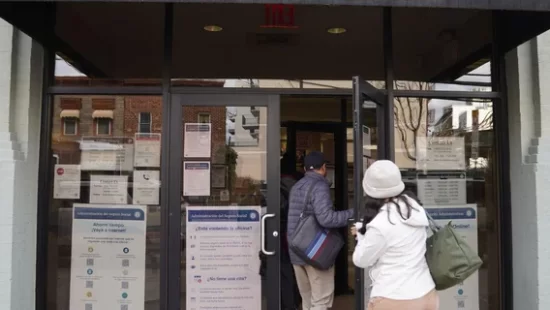“How is it possible that we’re receiving more support from a criminal than from a member of our own family?” asks Rolando, a young man who has been involved with organized crime since childhood.
In his experience, more than physical training, criminal groups use mental manipulation on young people to eliminate any remorse for committing crimes.
Thanks to social reintegration programs, he has managed to build a life free from violence, but he warns that many young people are recruited because criminals represent the only support in their community to improve their quality of life.
“The first thing is attention. I used to tell my dad, ‘I don’t want you to give me luxuries… I just want you to go out with me, even if it’s just for a little while, so they can see I have a dad. At least take me to the store. Take me to the corner, so they can see I have a dad, so they can see I’m not alone, so they can see it’s not just my mom with me.’ That’s the main reason I honestly yelled it at my dad a lot,” the young man recounts.
At the book launch of How Not to Be a Child Hitman, Rolando shares his experience and insists that the main factor in keeping children and teenagers away from violence is family attention.
“They (the criminals) say, ‘Let’s get the kids, we can train them, we can instruct them, we can mold them.’ Then they tell you, ‘You’re going to be better than me, you have to do it this way, you have to succeed, and nobody’s going to tell you no, and you can do it.’” Like Rolando, 250,000 children and adolescents in Mexico are at risk of being recruited by organized crime, due to various risk factors such as poverty, family abandonment, and living in areas controlled by criminal groups, according to separate reports from the Network for Children’s Rights in Mexico (Redim) and the organization Reinserta.
“Michoacán is one of the states with the highest risk and vulnerability,” stated Redim. Reinserta, meanwhile, called on authorities to criminalize child recruitment.








